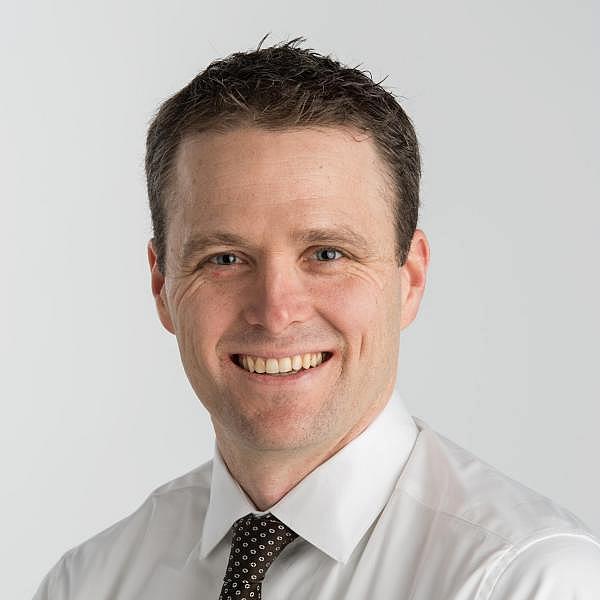After the mandate, states plot their own futures for health coverage
The repeal of the health insurance mandate by Congress in December could result in millions fewer Americans with health insurance over the next decade. Politicians on both sides of the aisle have said the move could lead to Obamacare’s collapse, especially when combined with Trump’s other recent moves to undermine Obama’s signature law. But individual states still have many options to reinforce their health insurance markets or limit insurance sign-ups, should they choose. For example, states can create their own mandates to replace the federal one. They could outlaw or encourage the kind of “skimpy” short-term health plans encouraged by Trump. Meanwhile, more conservative states are pursuing federal approval to add work requirements to their Medicaid program. And then there’s the wildcard: Will Congress pass federal legislation to shore up exchange markets? This webinar will take a look at how the repealed mandate will change health coverage, and how states might reject — or embrace — the latest GOP moves to erode the Affordable Care Act. With all the focus on Beltway politics, it’s easy to overlook the big role that states have to play in shaping how their health markets work and who gets covered — a rich font of stories in all 50 states.
Webinars are free and made possible by the National Institute for Health Care Management Foundation.
Panelists

Nicholas Bagley is an assistant professor of law at the University of Michigan Law School. He teaches and writes in the areas of health law, administrative law, and regulatory theory. Bagley’s work has appeared in the Harvard Law Review, the Columbia Law Review, the Georgetown Law Journal, and the Journal on Health Politics, Policy and Law. Before joining the law school in 2010, he was an attorney with the Appellate Staff in the Civil Division at the U.S. Department of Justice. Bagley served as a law clerk to Justice John Paul Stevens of the U.S. Supreme Court and Judge David S. Tatel of the U.S. Court of Appeals for the D.C. Circuit. Prior to earning his law degree at New York University Law School, he joined Teach For America and taught eighth-grade English at a public school in the South Bronx.

Mary Agnes Carey serves as partnerships editor and senior correspondent for Kaiser Health News. She oversees placement of KHN content in publications nationwide and covers health reform and federal health policy. Before joining KHN, Mary Agnes was associate editor of CQ HealthBeat, Capitol Hill Bureau Chief for Congressional Quarterly and a reporter with Dow Jones Newswires. A frequent radio and television commentator, she has appeared on CNN, C-SPAN, PBS NewsHour and on NPR affiliates nationwide. Her stories have appeared in The Washington Post, USA Today, TheAtlantic.com, Time.com, Money.com, and The Daily Beast, among others. She worked for newspapers in Connecticut and Pennsylvania, and has a master’s degree in journalism from Columbia University.
Presenters' slides:
Mary Agnes Carey:
Prof. Nicholas Bagley:
Suggested reading & resources
- “The tax bill destroys an important part of Obamacare. The states can save it.” By Nicholas Bagley, Vox
- “Are Medicaid Work Requirements Legal?” By Nicholas Bagley, JAMA
- “The stealth repeal of Obamacare: The health law has been wounded in a year of Trump,” by Joanne Kenen, Politico
- “How states can save the individual mandate,” by Sarah Kliff, Vox
- “Maryland lawmakers consider state replacements for insurance mandate,” by Rachel Baye, WYPR
- “California may buck Congress with its own health insurance requirement,” by Elizabeth Aguilera, CALmatters
- “Vital Health Officials You’ve Never Heard Of: Insurance Commissioners In The Hot Seat,” by Julie Appleby, Kaiser Health News
- “Requiem for the Individual Mandate,” by Margot Sanger-Katz, The New York Times
- “Idaho says no Obamacare needed for some new insurance plans,” by Rebecca Boone, AP
- “Trump administration seeks new ways to allow people to dodge Obamacare’s individual mandate,” by Paige Winfield Cunningham and Juliet Eilperin, The Washington Post
- “How Trump may end up expanding Medicaid, whether he means to or not,” by Jeff Stein, The Washington Post
